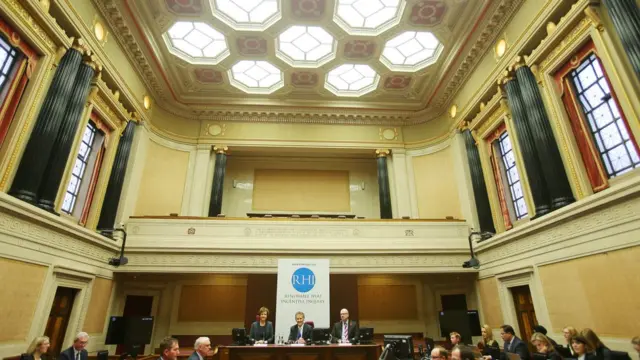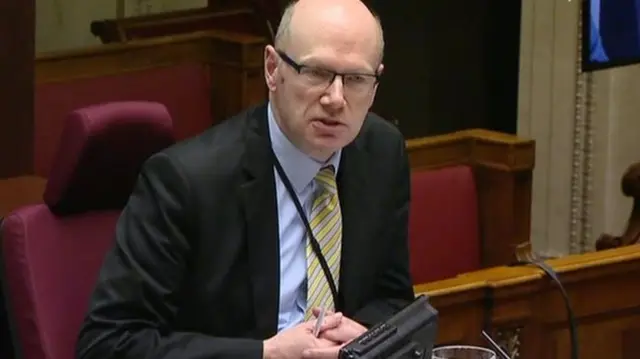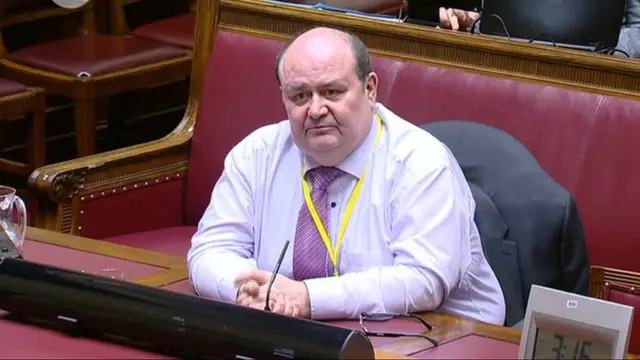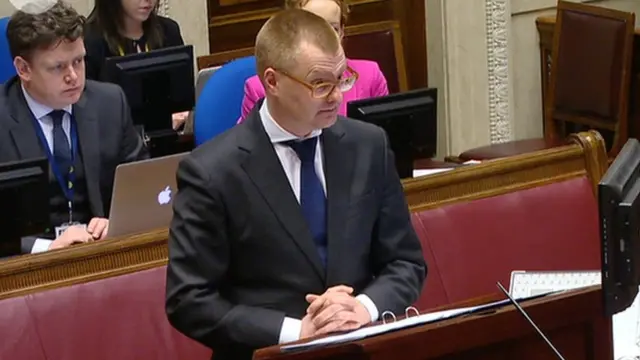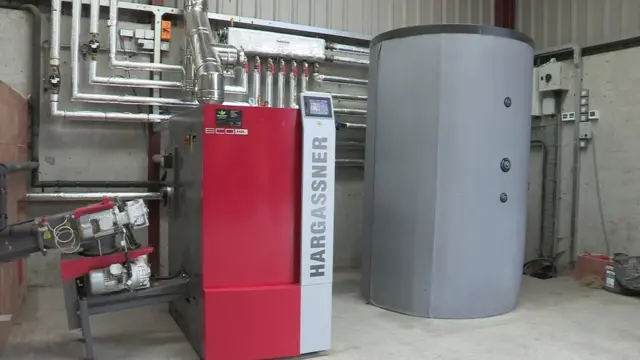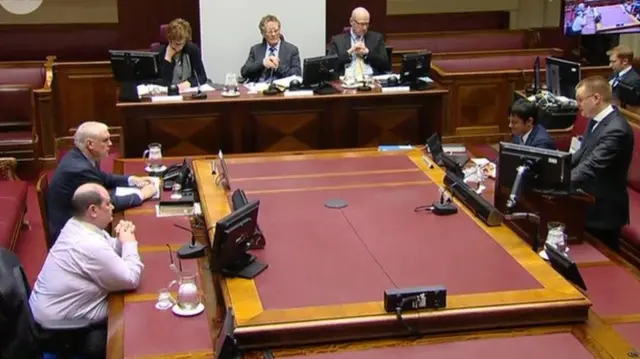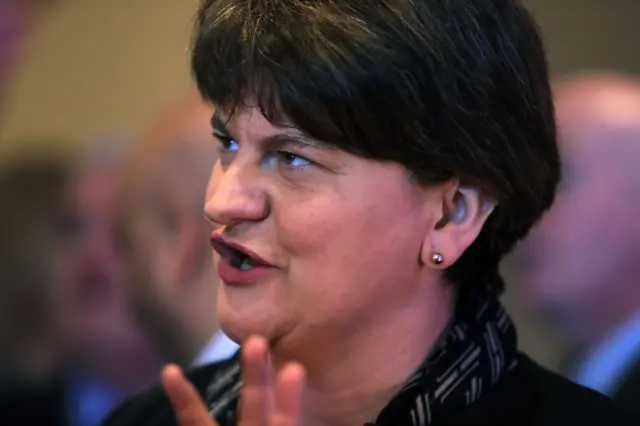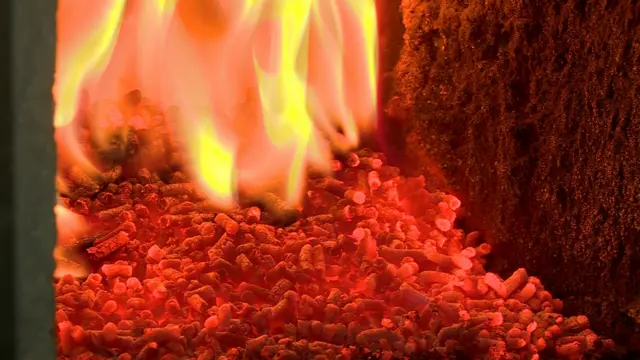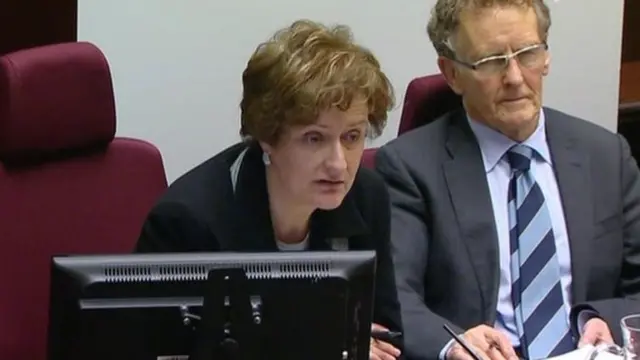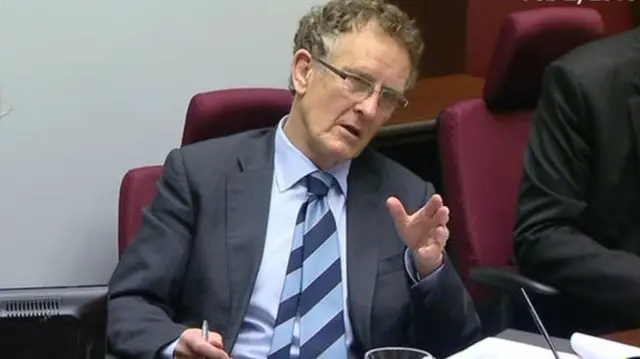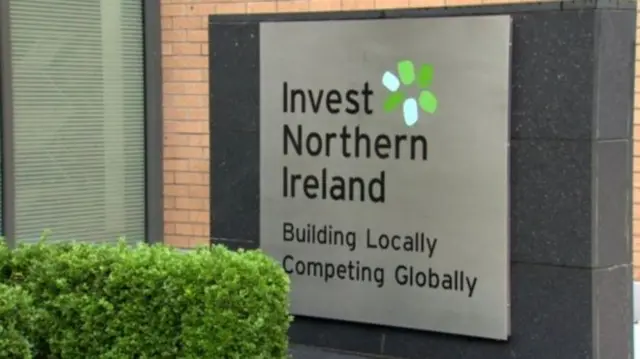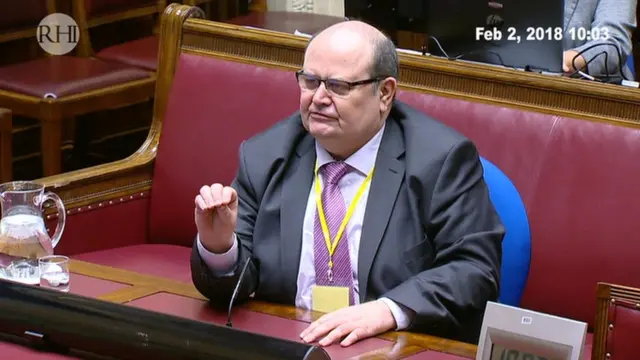That's all for now...published at 16:38 GMT 2 February 2018
It's been a long day in the hotseat for Mr Cooper and he'll have to come back to answer many more questions about the casework committee's work.
That might have to wait for a while, though, as the committee moves on to its second phase next week, looking at how the scheme operated after opened.
 Image source, AFP
Image source, AFPLater in the week, we'll hear from the woman who tried to draw the then DETI minister Arlene Foster's attention to how some people were taking advantage of the scheme's overgenerosity.
But first, when the inquiry resumes on Tuesday, we'll get a broad overview of what's to come in phase two.
Join us then!

